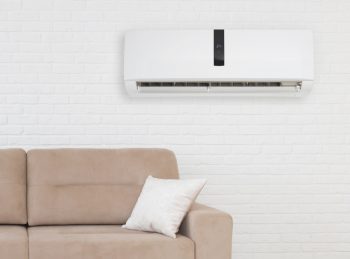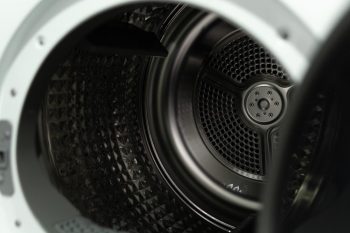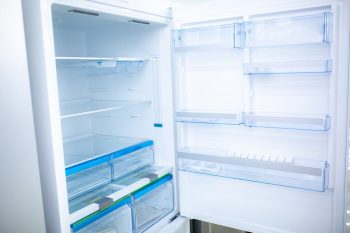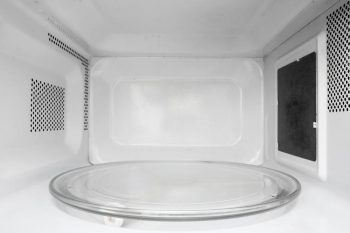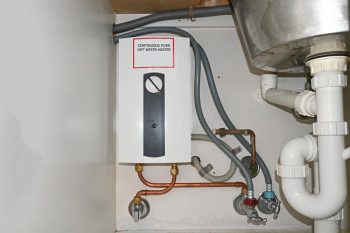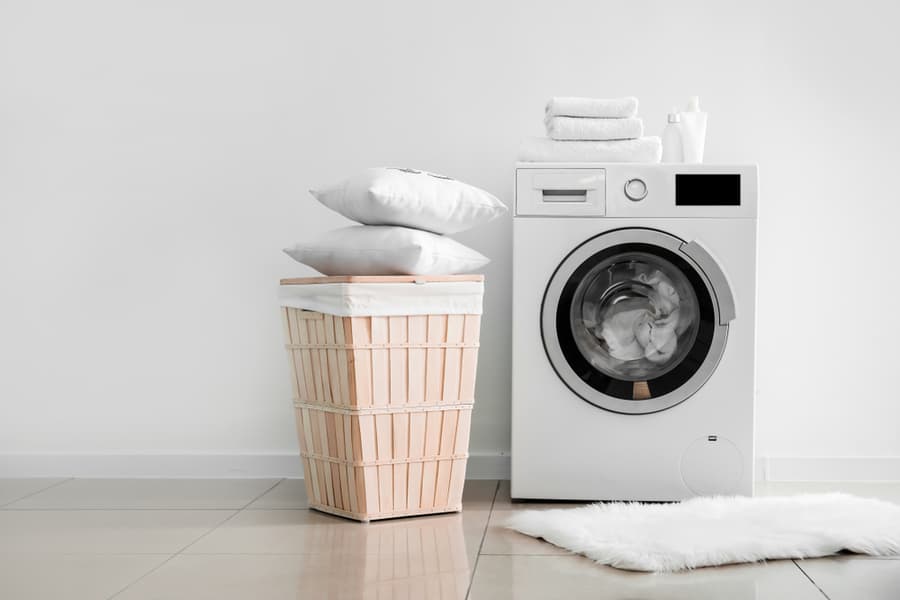
Washing machines have become essential home appliances, easing laundry and simplifying our lives. But have you ever wondered what would happen if you tried to operate these stress-relieving appliances without water?
Of course, the clothes in the machine won’t wash, but can this damage the appliance? Don’t jump to say yes or no. Instead, stealthily read this guide to find out.
In this article, we will explore what happens if you operate a washing machine without water and answer other common queries about the working principles of the appliance.
- Water is a vital component of washing machine operation. The appliance won’t fulfill its primary purpose of cleaning clothes without water.
- Various washing machine models might respond differently when used without water.
- Suppose you spin your washing machine when with clothes inside but no water. Your clothes should be alright even if they won’t be clean at the end of the washing cycle.
- Running your washing machine frequently with no water inside may damage some parts and reduce life expectancy.
Below, we will answer the question, “can washing machines function without water?” and other similar queries on the workings of this household appliance.
Can Washing Machines Function Without Water?
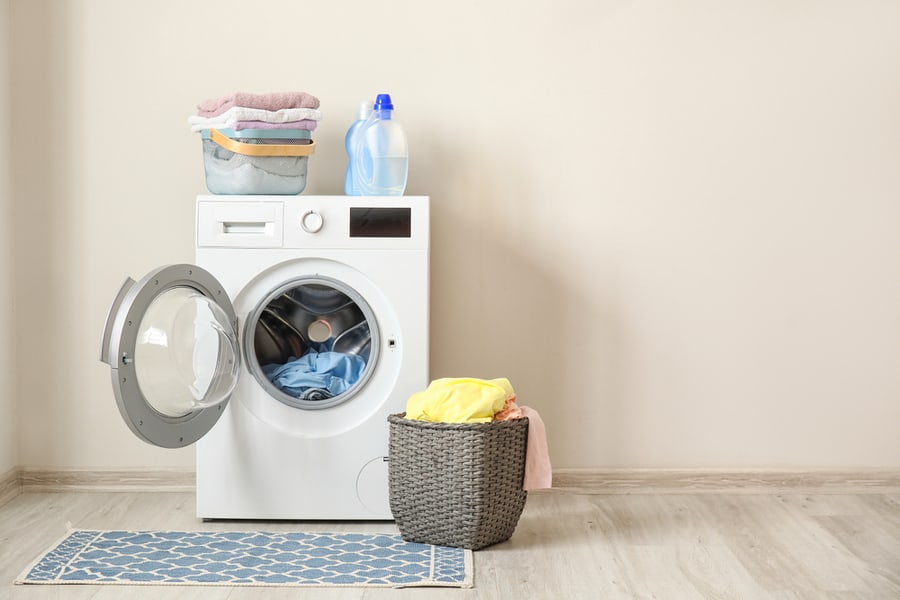
Water is a vital component of washing machine operation. Without water, the washing machine won’t fulfill its primary purpose of cleaning clothes.
A washing machine cleans clothing by agitating it with water and soap to remove dirt, stains, etc. Water is necessary to dissolve the detergent and form a cleaning solution. During the rinse cycle, the water also aids in the removal of dirt and soap residue from the garments.
Many washing machines depend on a built-in pump to provide water pressure. This means they depend on a water source to function. The lack or insufficiency of water might severely harm the washing machine’s components.
The motor spins the drum and uses water to lubricate its moving components and avoid overheating. If the engine run without water, it may overheat and malfunction.
Also, the pump, which circulates the water in and out of the machine, might become faulty if it runs dry.
In addition, manufacturers design the washing machine’s drum to work with water. Using a washing machine without water can cause severe drum damage. The drum is where you place the clothes during the washing cycle.
Although the drum may spin freely when there is no water in the machine, it can lead to an imbalance and result in excessive noise. Then, the machine may move because of the imbalanced drum, causing harm to the floor and nearby furniture.
Without water, the drum might spin too fast and cause the machine to vibrate excessively. Thereby resulting in noise and possibly machine damage.
How Washing Machines Respond When Operated Without Water
Various washing machine models might respond differently when used without water.
Let us consider some machine types and how they respond when operated without water:
1. Modern or Front-Loaders Washing Machines
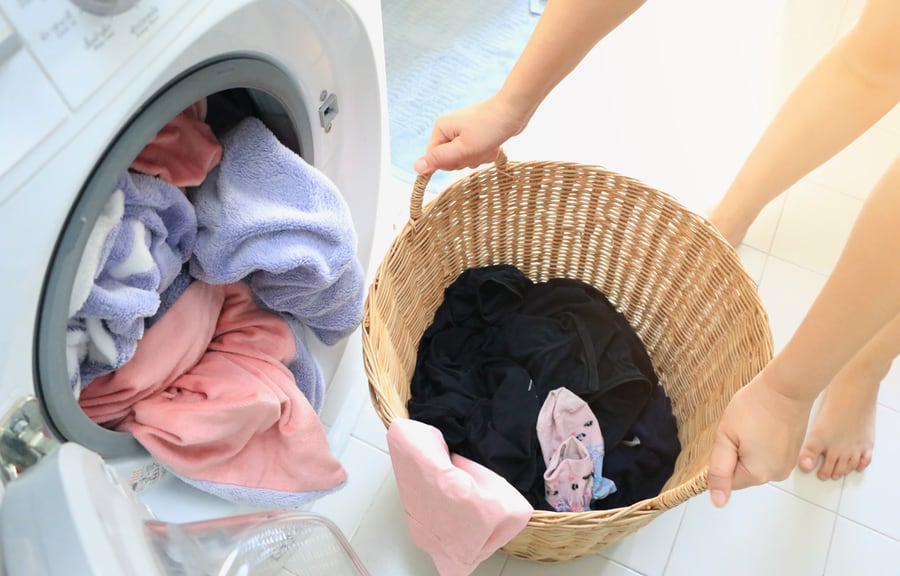
Modern washing machines or front-loaders have an automated sensing mechanism. It makes them extremely sensitive to water pressure. In addition, most font-loading (modern) home washing machines have in-built safety measures prohibiting them from working without water.
Often, the drum of front-loading washing machines revolves on a horizontal axis. If operated without water, the drum may still revolve. But the absence of lubrication may cause it to make odd squeaking or vibrating noises.
Also, it may display an error message or sound an alarm to alert the user that no water is present. And if it vibrates too much, it might harm the motor or other parts.
2. Older or Top Loaders Washing Machines
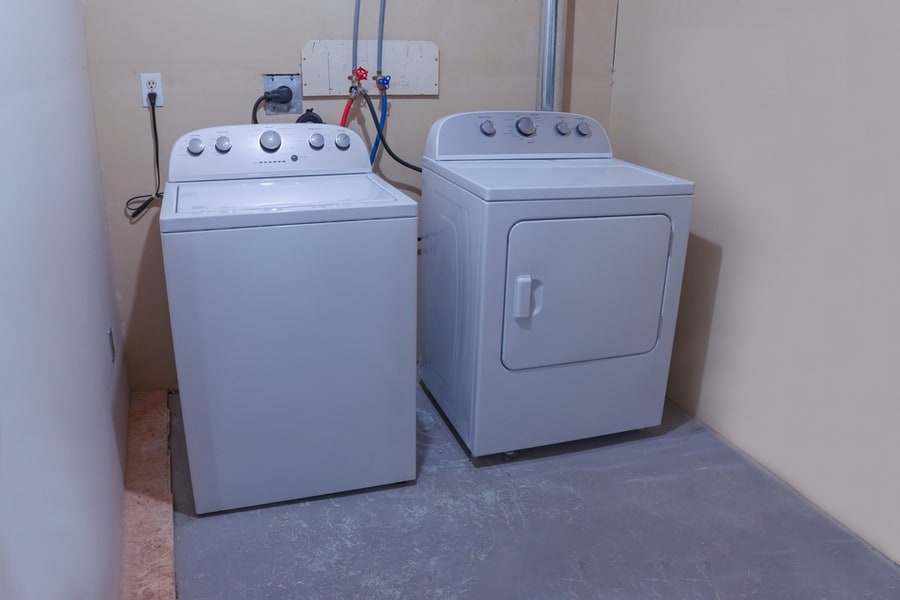
Top-loading washing machines have a vertical drum that spins around a central agitator. When you operate them without water, the agitator may still spin. But it might not be as efficient at moving the clothes.
Top loaders may make a loud bang when operated without water. After that, the machine’s parts may wear down faster over time. This can destroy the equipment, causing costly repairs or replacements.
3. Portable Washing Machines
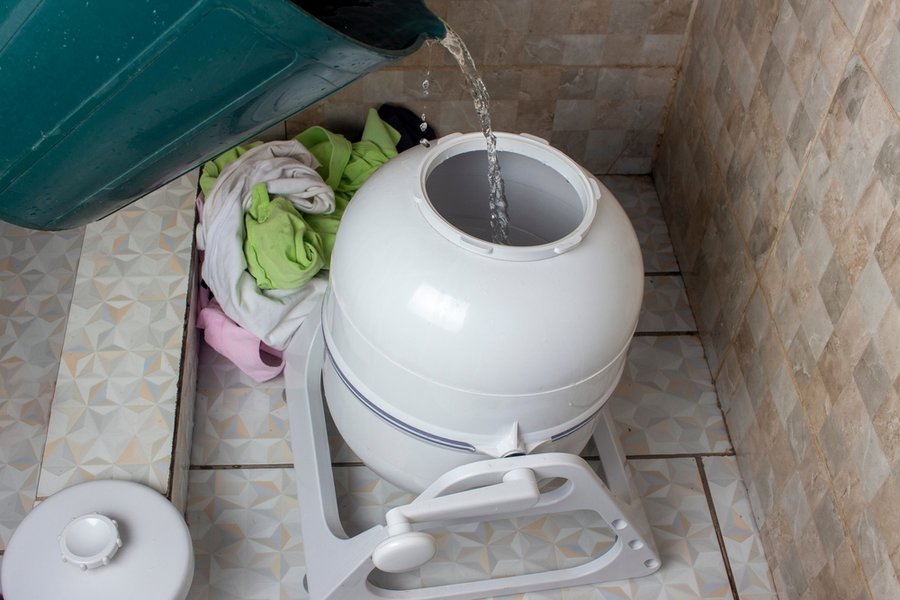
Portable washing machines are used in limited places and have a lower capacity than full-sized machines. These washers have tiny drums that can carry a limited quantity of clothing and water.
Also, the agitator or pulsator within the drum needs water to provide the motion required to clean the garments.
A portable washer’s motor may work without water. The machine may continue spinning to remove the remaining water from the cycle or prepare the clothing for air drying. But it won’t do the washing or rinsing cycles.
4. High Efficiency (He) Washing Machine
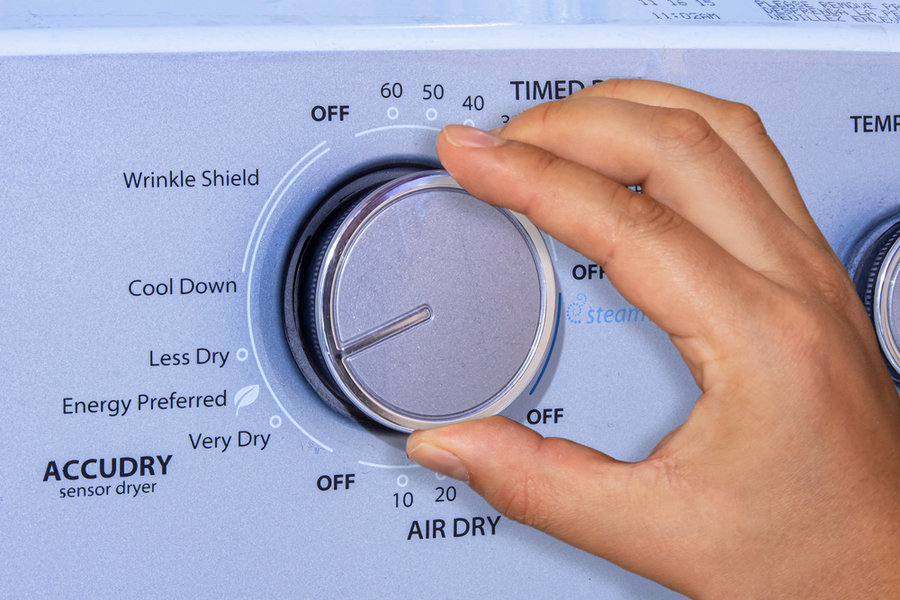
High-efficiency washing machine’s water and energy consumption is less than traditional ones. They also have sensors and controls that optimize water usage.
A high-efficiency machine might still function without water, but the clothes won’t be clean. However, it may not finish the cycle or will display an error message about a water supply issue.
Sometimes, the machine’s sensors may detect a water shortage and stop the process to prevent harm to the equipment. For example, an High Energy washing machine may display an error code, a warning message showing no water, or even a beep.
Nevertheless, the precise response of a HE washing machine when operated without water may vary depending on the model and manufacturer.
Let’s stop here with how different machine types respond when operated without water. For example, suppose you spin your washing machine with clothes but no water inside.
What will happen to the clothes in the appliance? We will look at this in the next section.
What Will Happen to Clothes When You Don’t Put Water in Washing Machines?
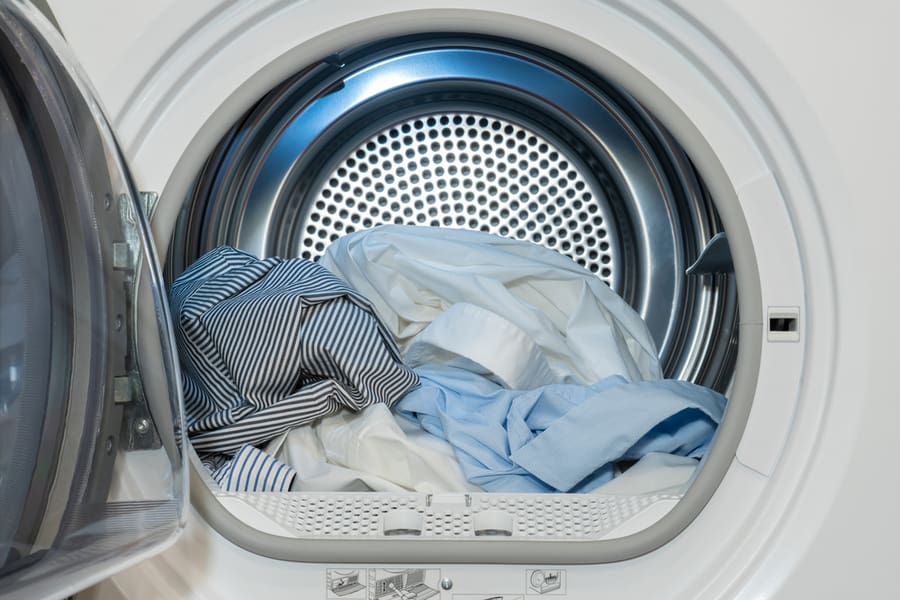
Your clothes should be alright even if they won’t be clean at the end of the washing cycle. However, if there is soap but no water, the soap may stain the garments. Or, at the absolute least, they may get sticky and smell like the soap in the washing machine.
Before we tie our thoughts together, look at the steps you should take when the water supply is cut off while using your washing machine.
What To Do if Your Water Supply Is Cut Off?
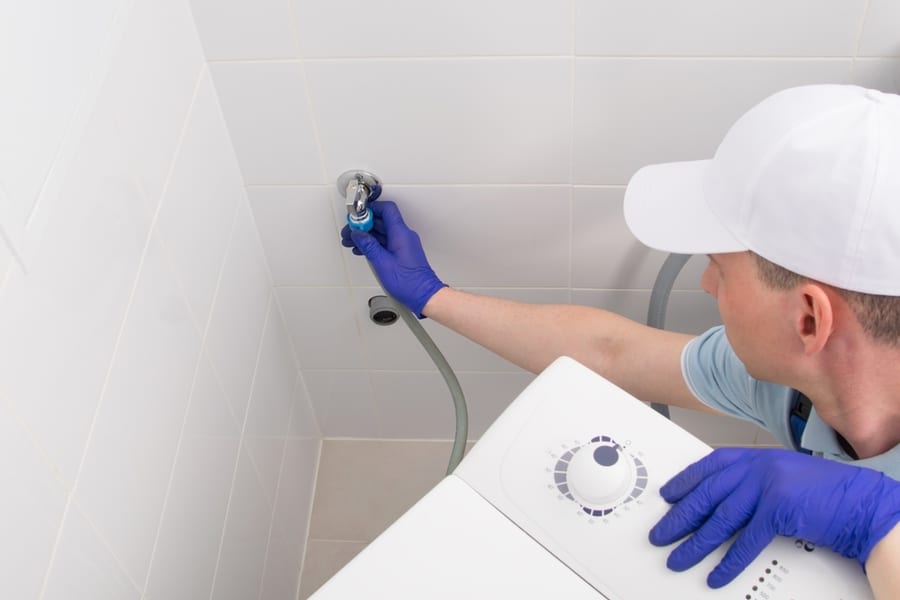
Suppose the water supply stops while you are using a washing machine.
In that case, you should take the following steps:
- Stop the machine. If the water supply stops while the machine runs, stop it immediately.
- Inspect the water supply. Check whether there is a problem with the water source.
- Examine the machine. Go through the device to determine if there are any obvious issues or leaks. If there are, contact a repair company to resolve the problem.
- Wait for the water supply to be restored.
- Consider washing with hands. If you think the water supply won’t be available for a while, wash your clothing by hand until the water supply is back on.
- You can also manually pour water into the washing machine. If your machine doesn’t need water pressure, fill it using a bucket until it soaks your garments.
- However, if your washer has an advanced sensing feature, add water until the sensor records the volume.
Conclusion
Operating a washing machine without water can harm the appliance and endanger users. The appliance can overheat and catch fire if the engine, pump, or drop spoils.
While using a washing machine, it is crucial to always adhere to the manufacturer’s instructions. This includes using the correct quantity of water, loading the device well, using suitable detergent, and carrying out routine maintenance and cleaning.
These guidelines can help extend the life expectancy of your washing machine.
Frequently Asked Questions
Can I Run My Washing Machine Without Detergent?
Yes, you may use your washing machine with no detergent added. But its performance might not be at its best.
During the wash cycle, detergents dissolve and help to remove dirt and grime from clothing.
How Often Should I Drain Water From My Water?
Drain the washer after each usage to avoid mold and mildew growth within the machine. This is crucial if you have a front-loading washing machine. This is because they are more prone to mold formation.
Likewise, drain water from the washer and leave the door open to let the appliance air out if you won’t use it for a long time. This may help to reduce the development of mold or mildew and offensive smells.
Always consult the manufacturer’s instructions for detailed advice on how to drain and maintain your washing machine.
What Damages a Washing Machine?
A washing machine may incur harm from overloading and excessive amounts of clothes.
Also, the wrong wash cycle and lack of maintenance may damage it. Damage might also result from overusing the appliance and failing to stop leaks on time.


